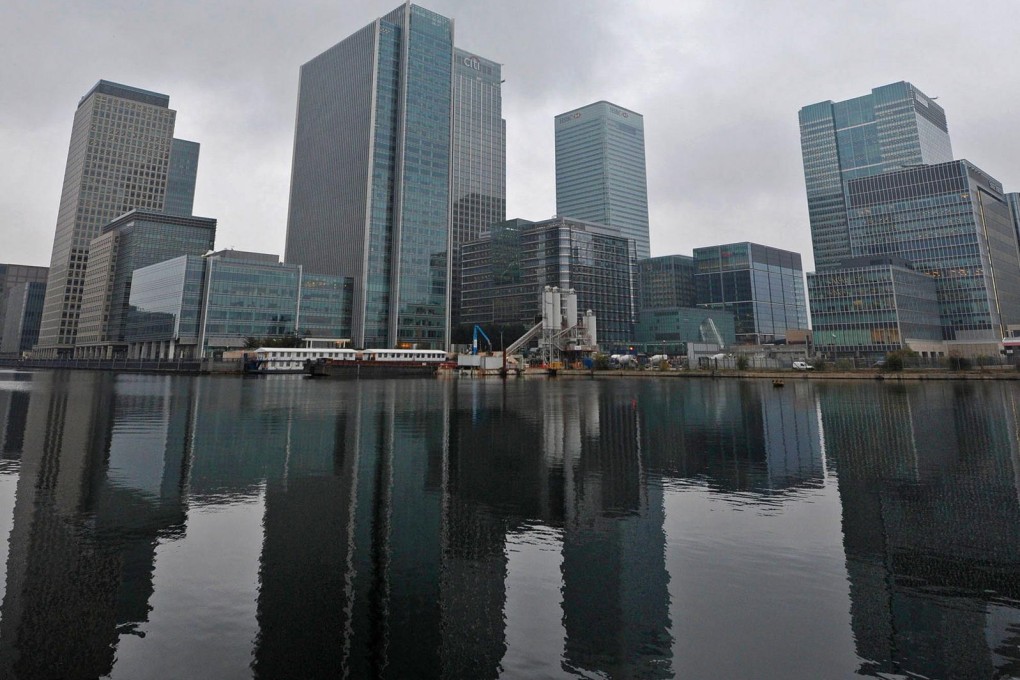'Eyes and ears' abroad help reduce mainland China developer risk
Chinese developers are opening offices overseas to manage foreign assets and hunt for new deals

Mainland investors rushing to build up their property portfolios in developed economies are increasingly setting up their own local offices to look after these assets and speed up the hunt for deals.

Other Chinese investors, including property developers, have moved much earlier, and are accelerating the pace of acquisitions this year.
Shanghai-based Greenland Group announced two investments in London earlier this year, following deals signed in New York and Los Angeles last year. The state-owned developer hired Chang Ifei last year to lead its expansion in the United States. Chang, an industry veteran with global experience, worked with the firm more than a decade ago, her LinkedIn introduction states.
"Everybody understands that it's a long-term game, and trying to invest from half a world away without having your own eyes and ears on the ground is very risky," said Brian Ward, president of capital markets in Americas at Colliers International.
His London-based colleague, Richard Divall, head of cross-border capital markets for Europe, the Middle East and Africa, said: "Some Chinese developers like Greenland and Vanke, where they need to be more hands on, are more likely to send a couple of senior guys from their home office and recruit locally to be their eyes and ears on the ground. This has so far been done after the acquisitions."
Ideally, the head of the team sent from the mainland headquarters should speak English fluently to handle business negotiations and the day-to-day office operations.